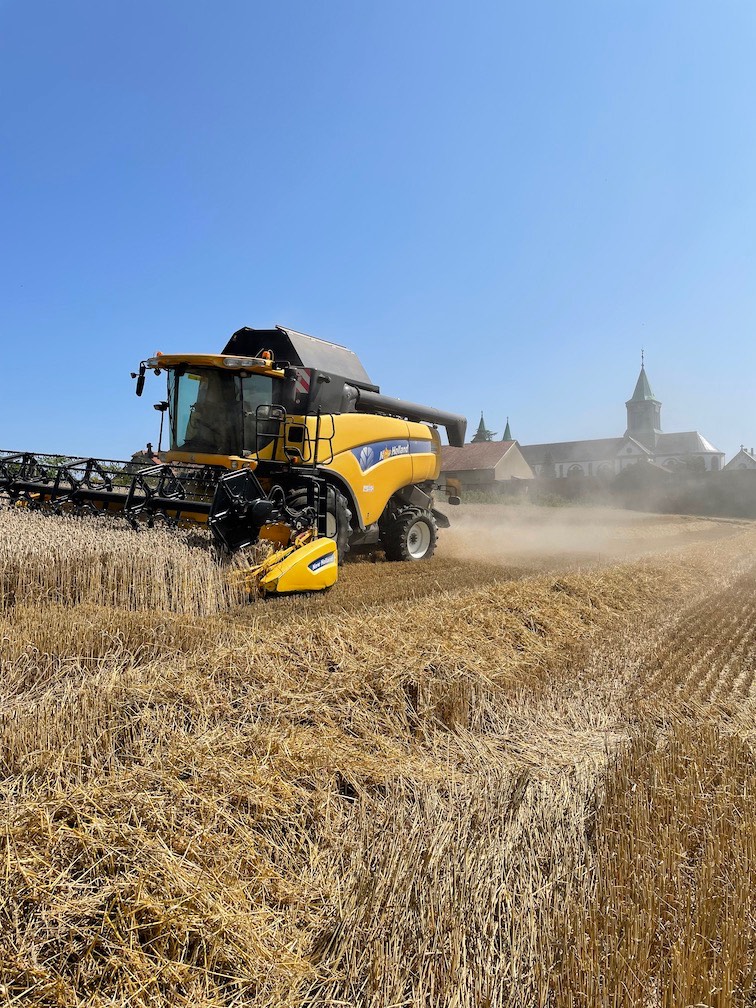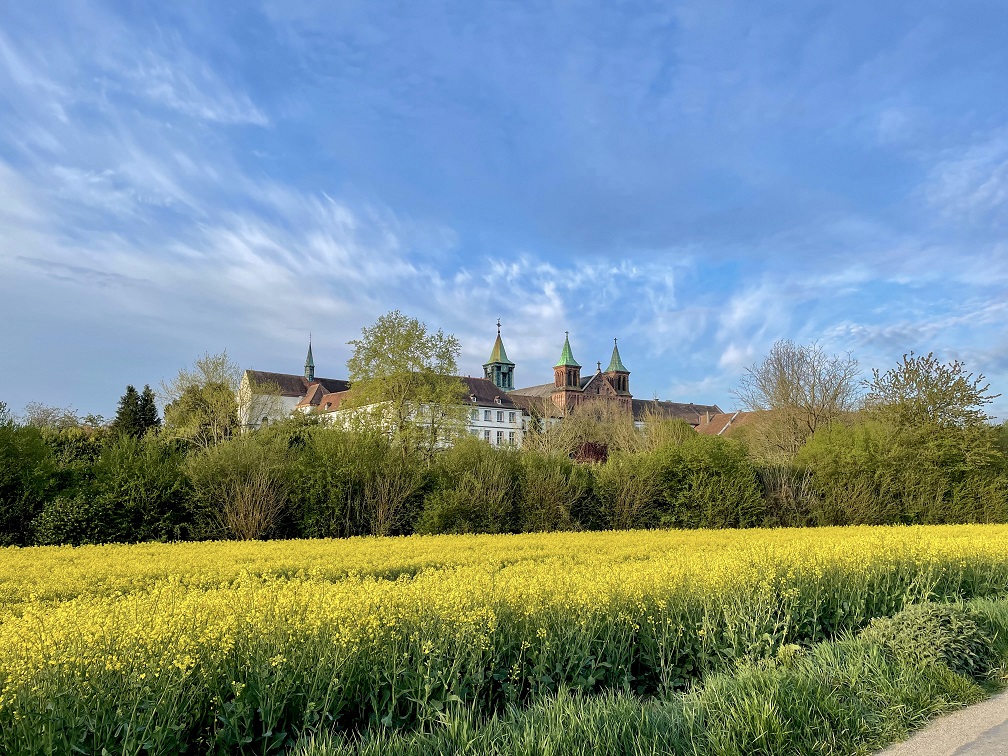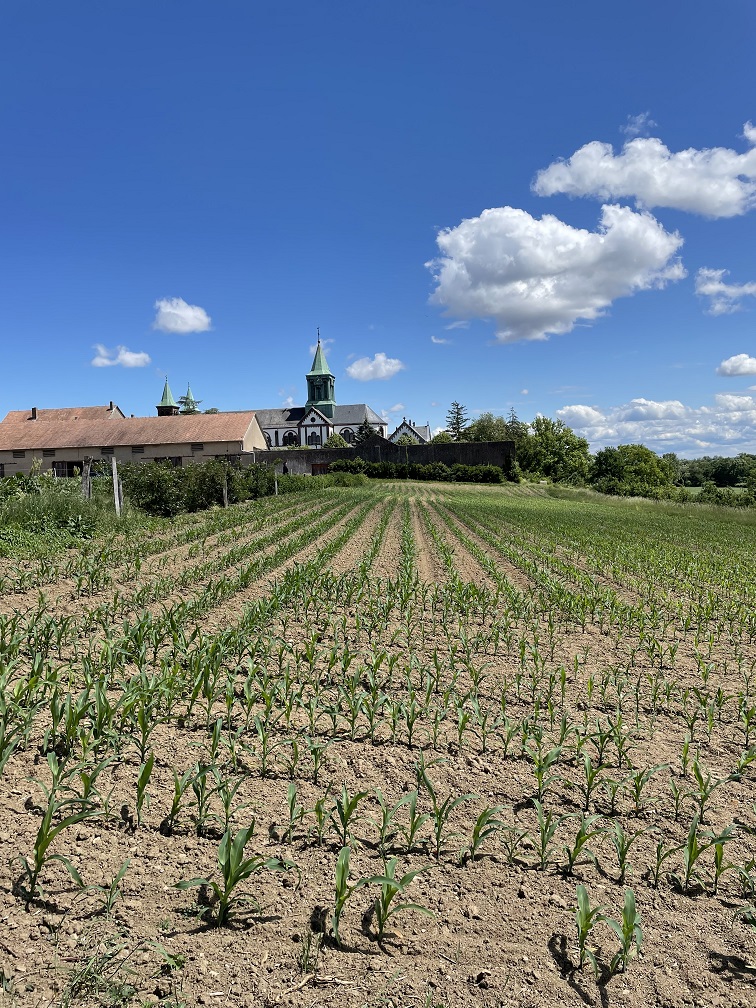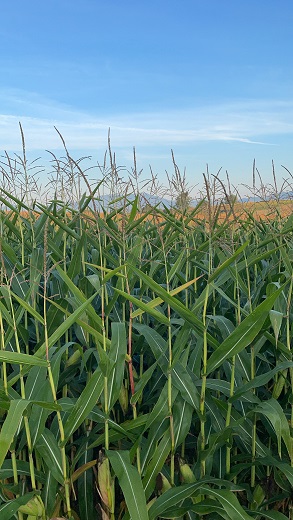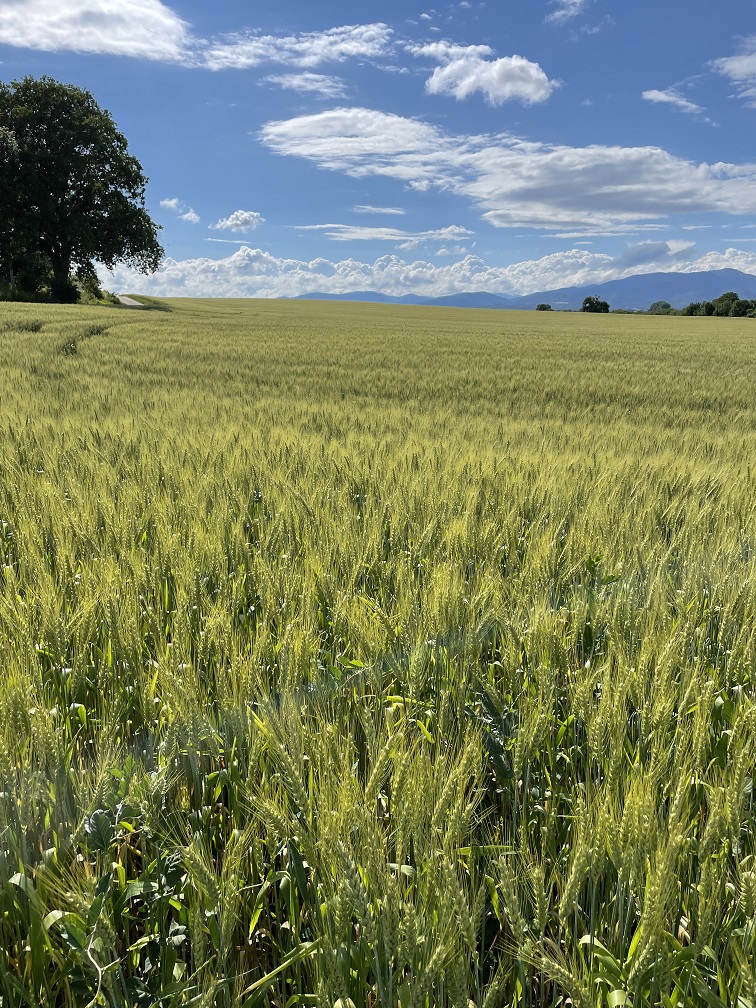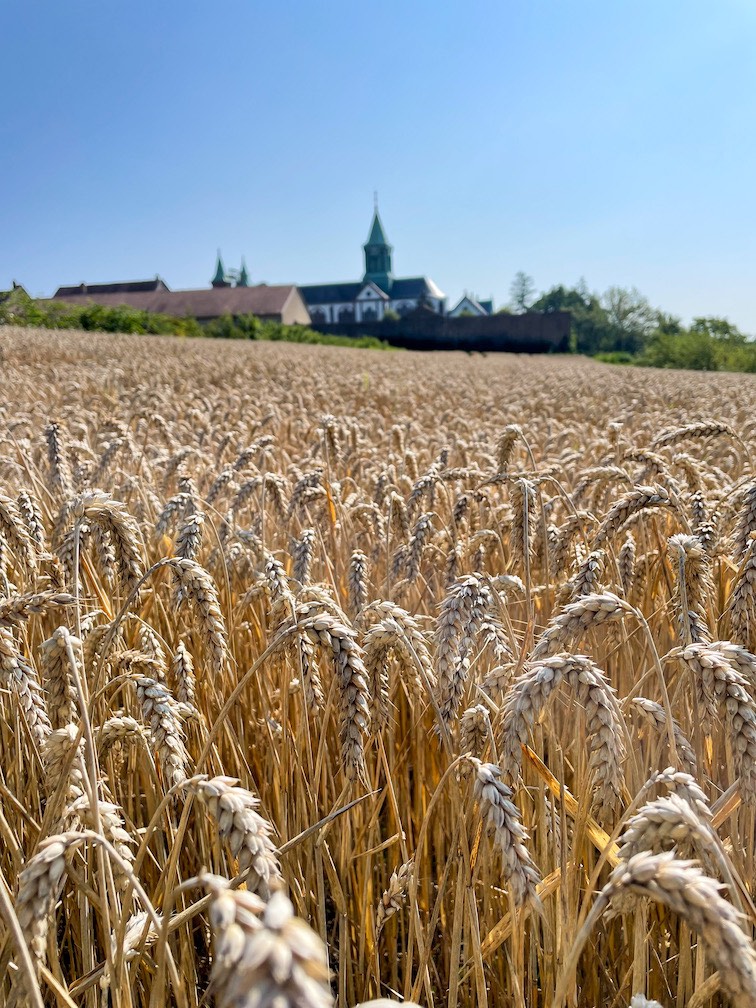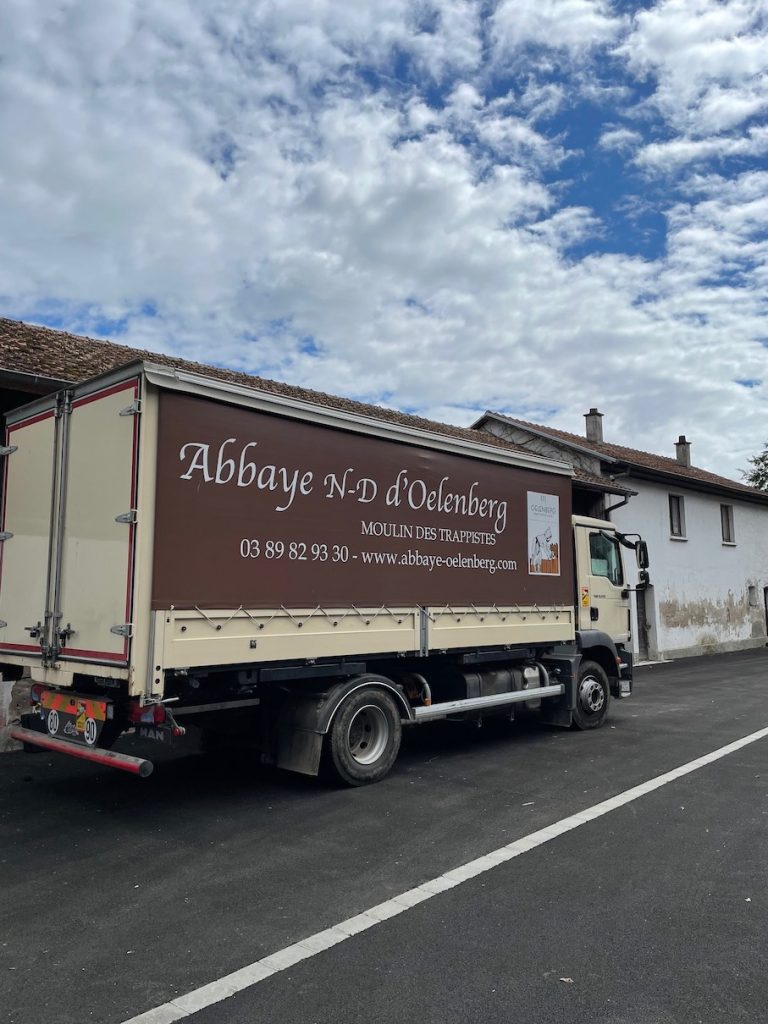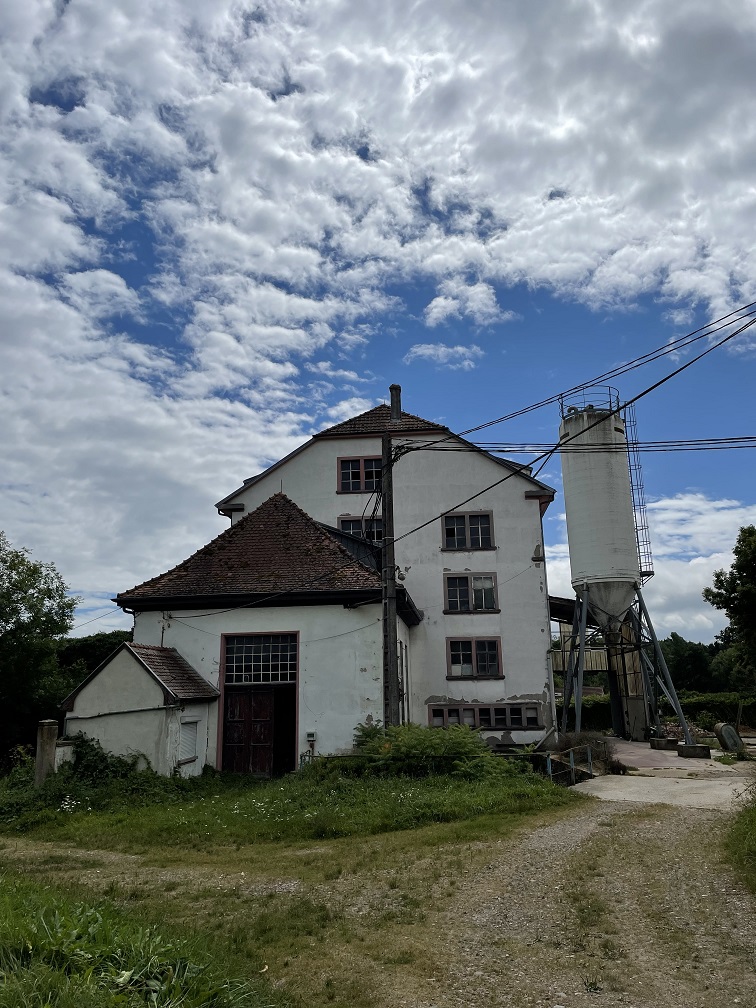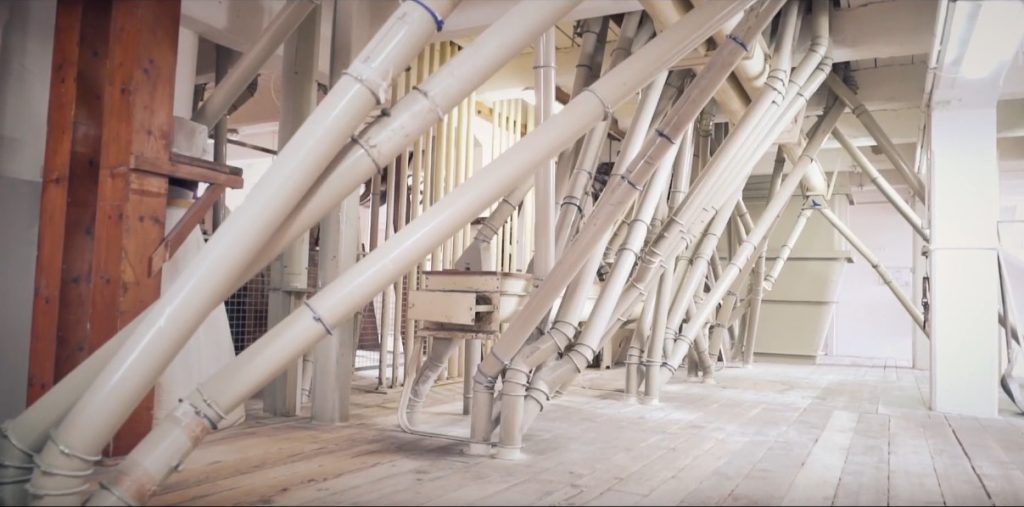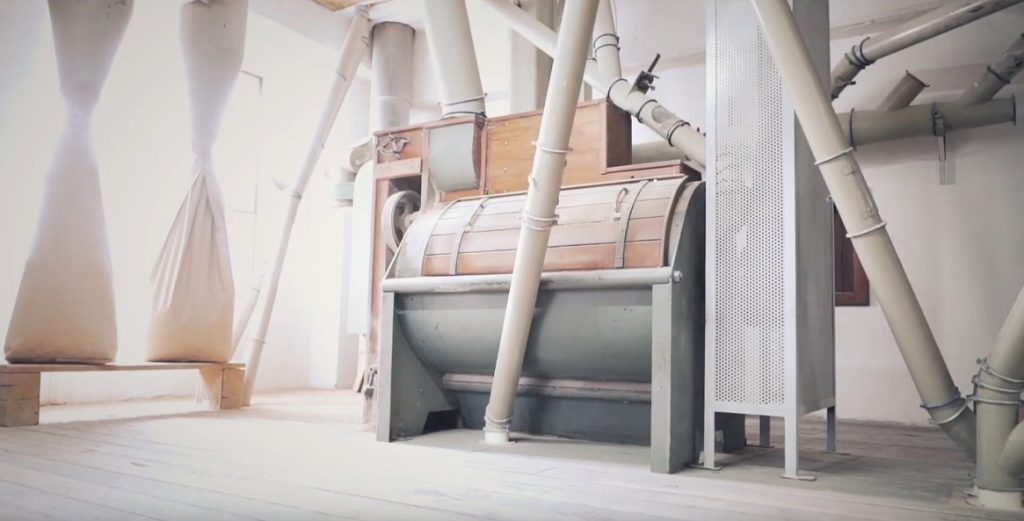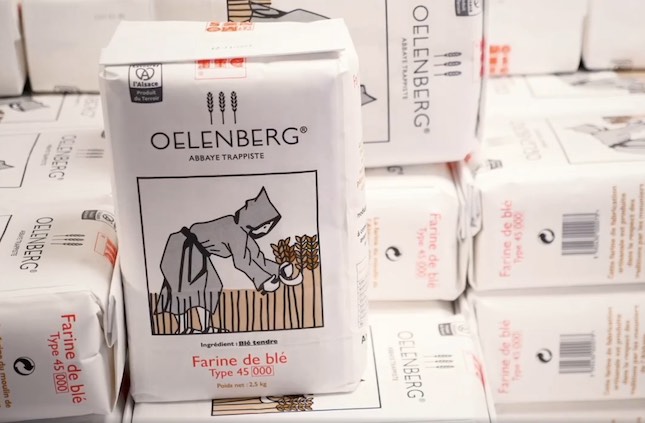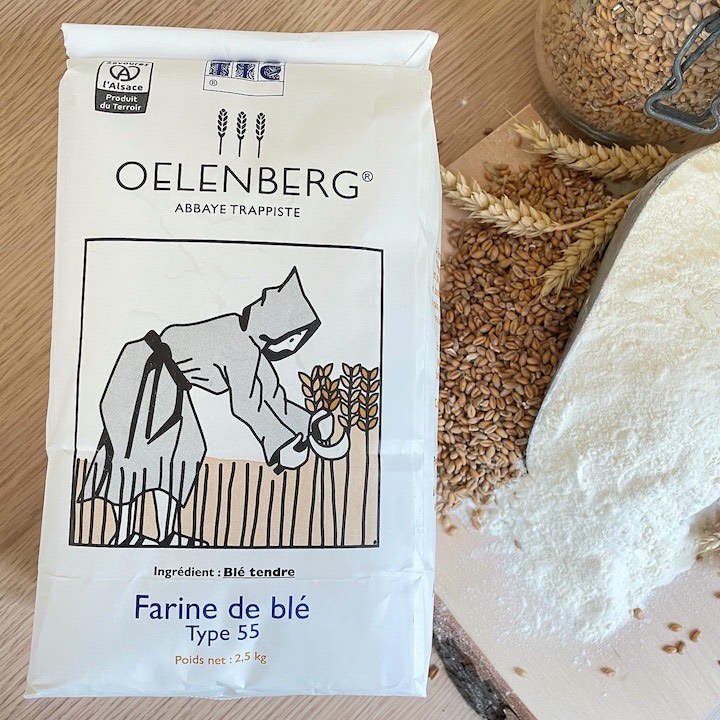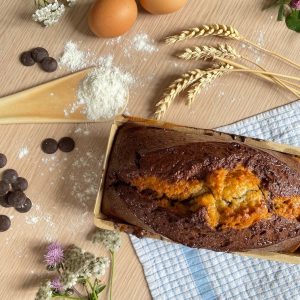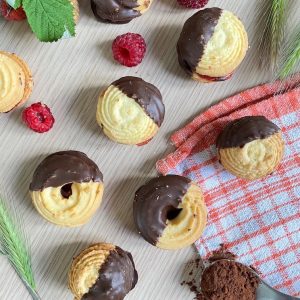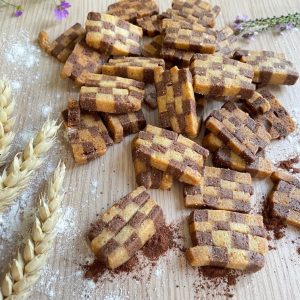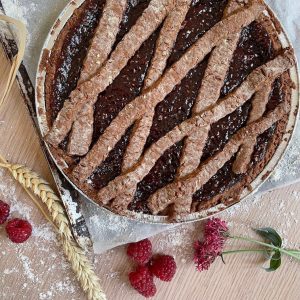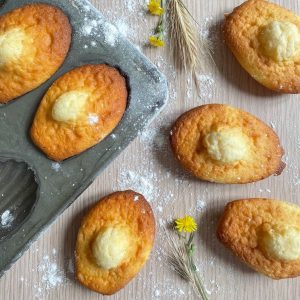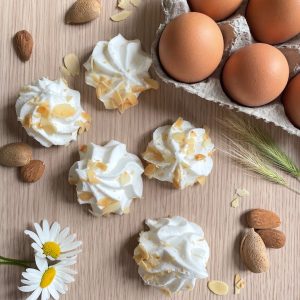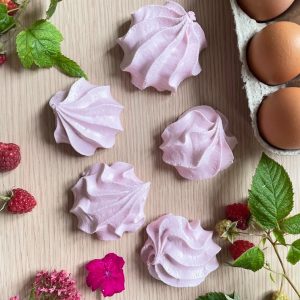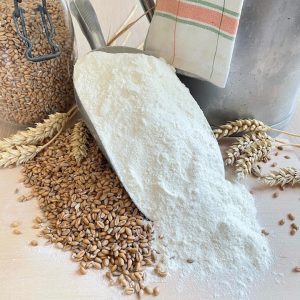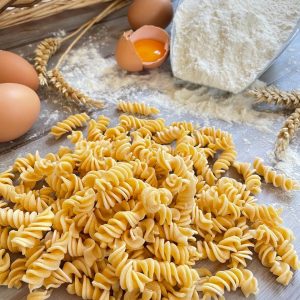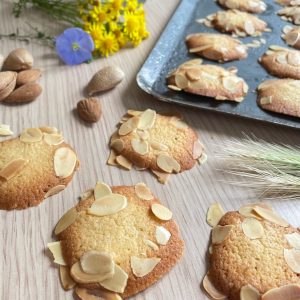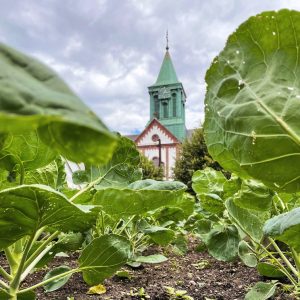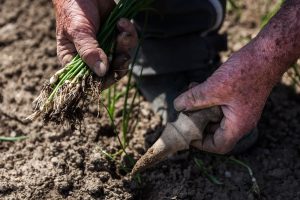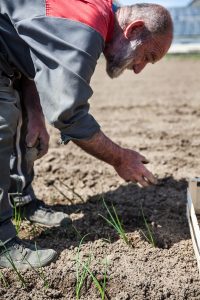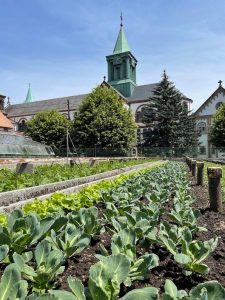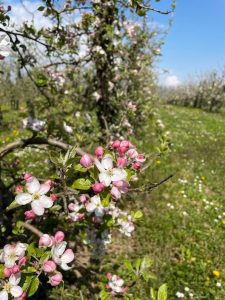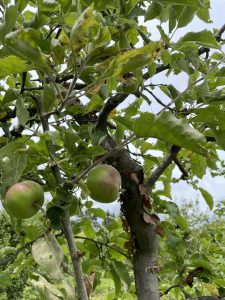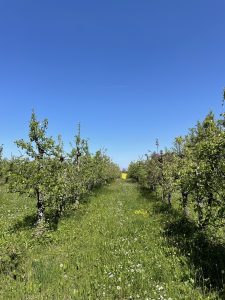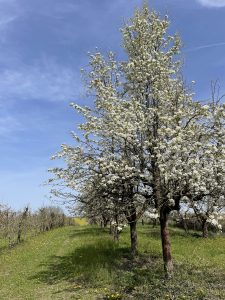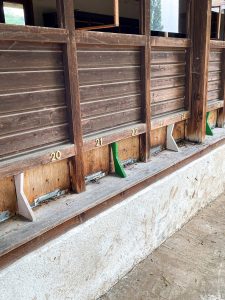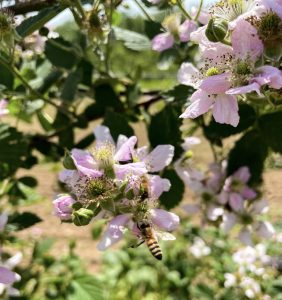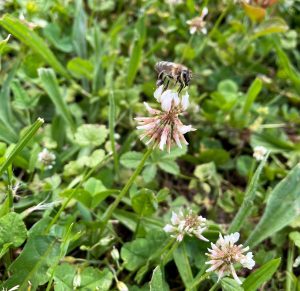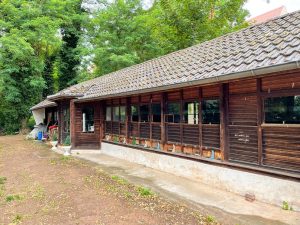Our activities
Agriculture
At Notre-Dame d’Oelenberg Abbey, everything begins in the fields.
The Abbey has 150 hectares of which 85 hectares are cultivated. We grow wheat, rape, corn, potatoes and lentils.
We harvest around 300 tonnes of wheat each year, all of which is used to make our flour.
The maize is bought in full by an Alsatian agricultural products trader.
The rapeseed, until now bought by a trader, will be used to produce our own rapeseed oil.
Each year we harvest about 70 tons of potatoes of various varieties, which we sell mainly to the shop in 10 kg nets.
Lentils have been a new crop since 2022. The entire production is sold to the monastery shop.
All our crops are grown using sustainable agriculture. This means that we try to treat as little as possible and we find alternative solutions to phytosanitary products to protect our crops. For example, we use Trichogramma to combat the corn borer. Trichogramma are tiny insects. With the help of a drone, we release small paper mache capsules containing these trichogramma. They lay their eggs directly in the moth eggs and the larvae can feed on the eggs of the pest. Our crops are thus protected and the planet is preserved.

